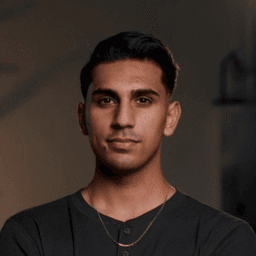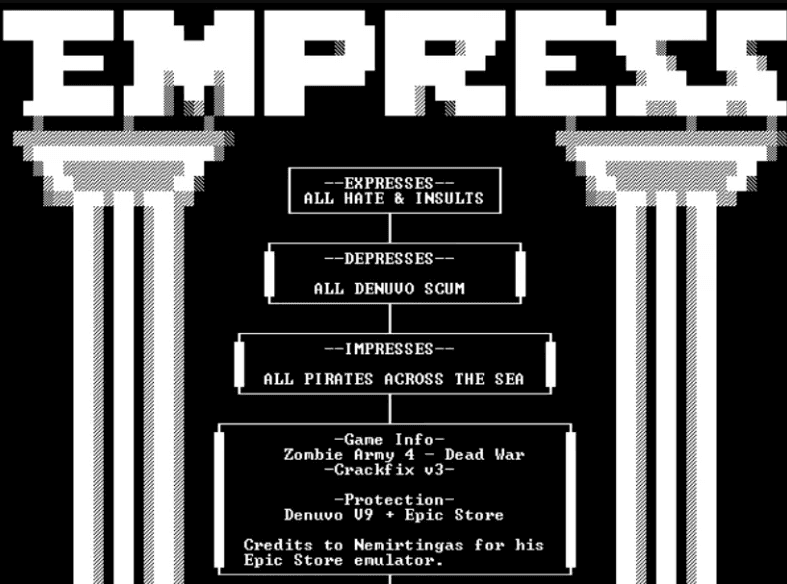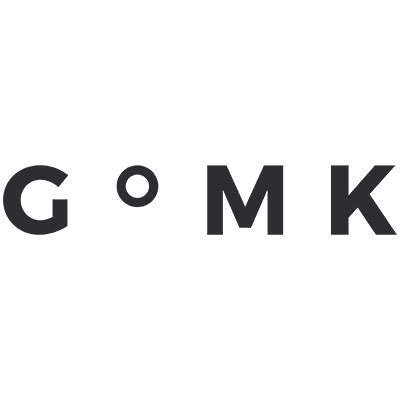How Arib Khan Scaled MusicFi to $1.5M in One Week


Business Description
Table of Contents
Navigate through the case study sections
Executive Summary
Case Study Content
Overview
In April 2022, at age 19, Arib Khan launched MusicFi, a no-code AI voice cloning tool that lets users reshape their voice into famous artist styles with a simple drag-and-drop interface. He validated the idea by sharing an early build with a Discord community, and in under seven days MusicFi attracted over 100,000 users. By introducing a $1 per month subscription and iterating rapidly on user feedback, the platform hit $100k in monthly recurring revenue and was on track to generate $1.5M by year-end.
Background
Growing up in San Francisco, Arib experimented with small ventures in school and taught himself to code to bring ideas to life. His time at the BuildSpace accelerator taught him to deploy fast, test with real users and embrace feedback loops. When he read about AI-driven vocal conversion models, he pinpointed how non-technical creators struggled to set them up and decided to build an accessible web app immediately.
Building the MVP
In a rapid week-long sprint, Arib launched the first version of MusicFi on cheap GPU credits. The MVP included a basic interface, a few popular artist voice presets, and minimal security. There was no polished UI or rate limits, only enough functionality to prove demand. Then he reached out to the admin of an AI experimentation Discord channel, securing critical early testers.
Growth and Iteration
Users flocked to the tool, but cheap compute credits caused outages and basic security issues risked abuse. Rather than delay improvements, Arib patched bugs in real time, added account controls, and scaled hosting with serverless GPU instances. He monitored logs, prioritized the highest-impact fixes, and communicated updates directly in the community channel. This kept momentum up and trust strong.
Monetization
Two weeks after launch, Arib introduced a $1 monthly tier that unlocked the most popular voice conversion features. The offer was simple and low-risk. Within 24 hours, over 2,000 users subscribed, covering the hosting costs and validating the price point. From there, he refined payment handling, integrated Stripe for billing, and watched revenue climb past $100k MRR.
Scaling the Team and Platform
With demand surging, Arib hired a first team member to help with user support and codebase improvements. Workflows were formalized, new infrastructure rolled out, and creative features like audio export presets were added. He also diversified distribution, publishing YouTube demos, engaging influencers, and exploring partnerships with gaming and media firms for embedded integrations.
Lessons
MusicFi’s success shows how speed to market and community-focused testing can turn an AI prototype into a scalable SaaS. Building an MVP first, gathering feedback, and adding revenue channels early helped Arib move from idea to multi-million dollar run rate in under a year.
Key Takeaways
- 1Rapid validation by launching a basic vocal AI tool enabled MusicFi to gather real user feedback within days.
- 2Targeting an active Discord community provided immediate early adopters and word-of-mouth distribution.
- 3Iterating on security, scale, and usability resolved service interruptions and positioned MusicFi for growth.
- 4Introducing a simple $1/month subscription in week two validated pricing and generated thousands in revenue.
- 5Scaling infrastructure with serverless GPU compute and expanding the team helped maintain performance during spikes.
- 6Exploring B2B partnerships and professional audio integrations laid the groundwork for long-term enterprise opportunities.
Key Facts
Tools & Technologies Used
Premium Content Locked
Subscribe to access the tools and technologies used in this case study.
Unlock NowHow to Replicate This Success
Premium Content Locked
Subscribe to access the step-by-step replication guide for this case study.
Unlock NowInterested in Being Featured?
Share your success story with our community of entrepreneurs.
Explore More Case Studies
Discover other inspiring business success stories

Empress: How the Shadowy Hacker Toppled Denuvo DRM
Empress is the pseudonymous hacker behind a wave of cracked AAA games, from Red Dead Redemption 2 to Assassin’s Creed Va...
Empress

How GoMechanicalKeyboard Turned a Tight Niche into a Lucrative Passive Affiliate Income Stream
GoMechanicalKeyboard is a content-rich affiliate site focusing solely on mechanical keyboards for gamers. By specializin...
GoMechanicalKeyboard

How Christina Nicholson Built Podcast Clout: From PR Problem to Six-Figure SaaS Sale
Christina Nicholson, frustrated by the lack of effective PR tools for podcast outreach, created Podcast Clout, a SaaS pl...
Podcast Clout
